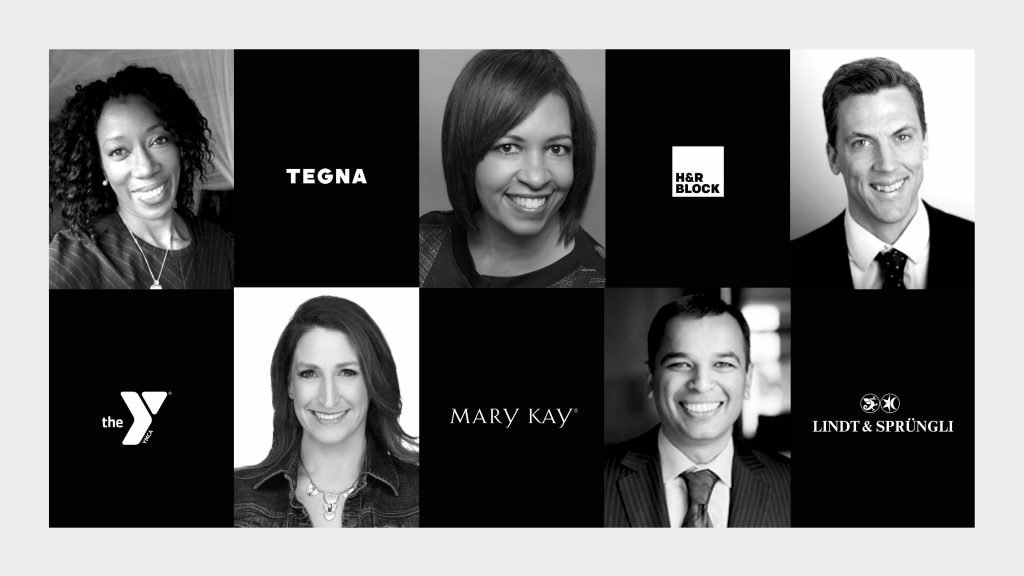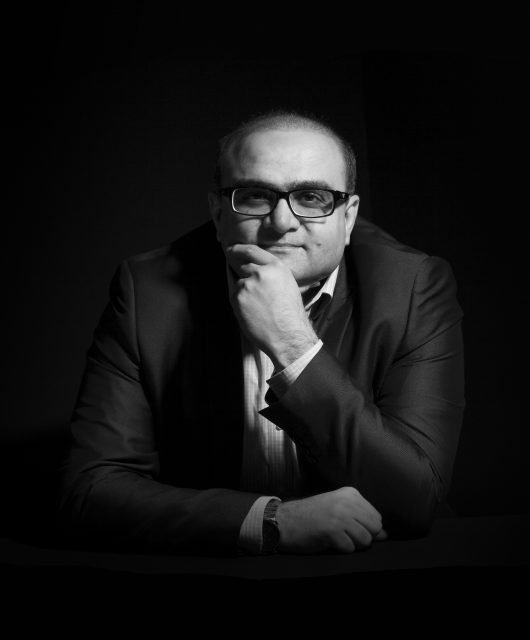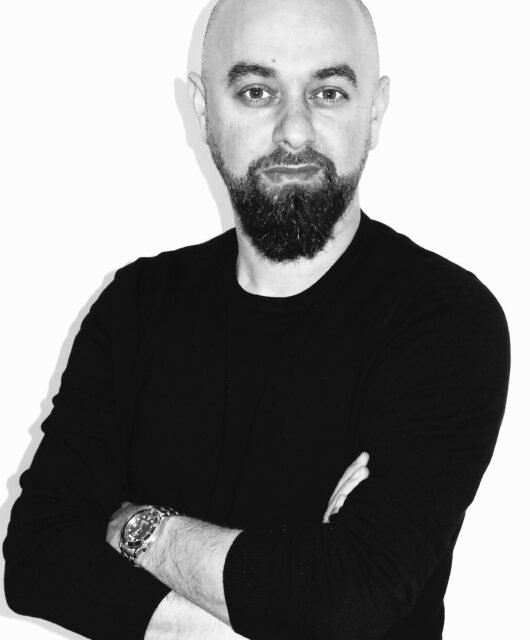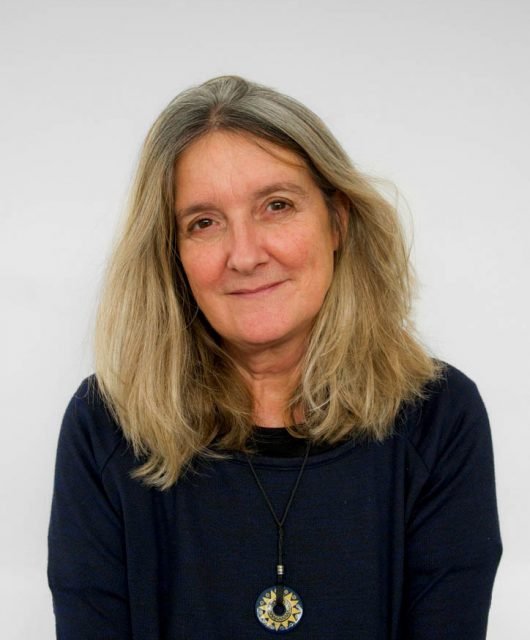
On June 4th, Siegel+Gale hosted the fourth installment of our Future of Branding virtual roundtable series. Every fortnight I welcome CMOs to explore how they are stewarding their brands in the COVID-19 era and beyond.
What a difference a fortnight makes.
We debated canceling the event but decided that it’s crucial, now more than ever, to not be silent and to hear from marketing leaders and, especially, to contribute by amplifying diverse voices across the community.

Our conversation traversed COVID-19 and racial injustice. As I listened to the five CMOs, a single overarching theme emerged; an abstract term that’s been overused but little understood lately. But in this conversation, it became very tangible. And that’s the theme of empathy. To me, empathy looks at reality to understand others’ feelings and acts to connect with them. While vastly different issues, both represent a reality characterized by extreme difficulty. How we deal with each is a choice characterized by extreme urgency.
Our panel and the brands they represent are exhibiting tremendous empathy in the decisions they are making today and the commitments they are forging for the future.
In closing, I posed the question, how do you strive to ensure your company is responsive to your entire community: including employees, new talent, customers, investors and the community at large? And as a leader of a marketing team, what is your personal commitment to being responsive? Here’s what our panelists had to say.
The biggest thing we have done is we moved toward a journalistic mindset model. What that meant to us in practical terms is we recognized that we needed to move away from a campaign orientation and go to a model of saying, what do we understand today, at this moment? Then share that with clients and employees, rather than worry about perfection, speed, and continuity of conversation. That was the biggest thing that we did, we shifted most of the way we worked within the marketing function so that we can be responsive to COVID in an immediate way. That meant fundamentally changing people’s roles, how we presented information and how much authority people had to make decisions.
Another way we responded was changing what we did to accommodate for the moment. How do we help clients in need of their tax refunds when they are scared? We created a digital drop off. It wasn’t a structured program, but we simply said we’re going to allow people to essentially download information, send things via email so that they don’t have to physically enter an office. All that was done in a matter of days. We didn’t worry about what that meant for our revenue, what that meant for profitability, what that meant for operating systems, we said we just got to do it.
Whether it is as a leader or a human being, my commitment is that I am absolutely and unequivocally not going to be silent in either my search for understanding or in my explanation of what I understood. And that’s what I know I can do right away.
—Vinoo Vijay, Chief Marketing Officer, H&R Block
When you think about being responsive to your community, start with the things you have, such as a mission statement or value statement. Starting there helps your employees and customers know that your behaviors are aligned with your organization’s values. Those statements can act like a north star.
In my career, I have held a lot of roles and have worked for some fantastic companies. I think back to working at Microsoft and how we needed to have an equity lens through all of our work, and I brought that to my current role. I reflect on the times when I haven’t always felt like I’ve shown up as my authentic self: I might have been dealing with something, but I would act like business as usual. I decided that I’m not doing that anymore.
I’ve decided that I must show up authentically. Even if I’m in an audience with people who might not understand my authenticity, I can help them understand. I’ve made a personal commitment to allow space for my team to process. We’ve made space in our organization in Seattle to process. I believe that showing up authentically and letting people understand that you are a person and providing the space to be vulnerable and open is so important. I’ve made that commitment to be my authentic self 100% of the time.
—Alonda Williams, SVP and Chief Experience Officer, YMCA of Greater Seattle
We’re fortunate that we have eyes and ears in so many communities. We have always made ourselves available to our customers and our independent salesforce. It is essential for us to listen. Every single week, we are listening to not only sentiments but vocabulary. We’re tracking imagery so that we can make sure that we are in tune with what our customers and what their customers need. Part of being responsive means empowering your organization. Once we started working from home, we had to leave a lot of processes behind in the office. That didn’t mean we abandon our discipline. But in terms of empowering people and enabling them to not only know what to do but empowering them to do it right now. If you don’t know what is next, all you can do is focus on what you know right now, what you have right now and what’s needed.
While I would have sworn I’ve always been an authentic leader, I now am being very intentional about a level of authenticity that really exposes vulnerability, and that’s not easy for me. For the past 20 years, pursuing a corporate career as a woman of color, I wasn’t allowed to be vulnerable–that was going to be a liability. I need to undo that. Not only so that I can bring my full self to my leadership role, but most importantly, to set the example for my team and my network. I want them to know how important it is that they bring their full selves, which entails vulnerability. It’s something I’m still getting comfortable with, but it’s also unleashing some of my best.
—Sheryl Adkins-Green, Chief Marketing Officer, Mary Kay, Inc.
We mustn’t lose the newfound way that we discovered during the COVID-19 crisis. We mustn’t just park those and return to our old ways. There are three ways to be responsive. The first is listening and learning and always being open to learning more. The second is agility. We’ve had to be extremely agile as an organization. As a traditional 175-year-old Swiss company, agility is not core to our values. But we’ve learned to use this muscle we’ve never used before. The amazing thing is, we can do so much. We don’t want to lose that strength. The third thing is truly understanding the role that we can play in these crises. We shouldn’t be ashamed about trying to grow our business and win market share. On the other end, we shouldn’t think we can save the world as a chocolate company. It is about finding an authentic balance.
When we understand we have a legitimate role, that we have credibility to play and really do something there, which adds more value than just growing our business and our market share, so that’s what we’re doing as a business. My personal commitment is to work on the aforementioned points and to move more to action.
—Andrew Curran, Global Head of Marketing, the Lindt Group
I echo what the other panelists said about listening and agility being key. In addition to those traits, at Tegna, it is also about staying humble: acknowledging where there might be gaps and then making efforts to fill those gaps. In order to respond, you have to know what you’re responding to, and then, you have to be properly equipped to respond. Take the recent pandemic, for example. Between work from home and technology challenges, we had to look in the mirror as a company and say, what does our tech stack look like? Are we enabled properly? The same applies with the issues of racial injustice and diversity and inclusion. Do we have the voices at the table that should be at the table? If not, how do we go about getting them? Those are some of the ways that we’re looking at being responsive in these times.
My personal commitment is to ensure that the function of marketing remains vocal, vibrant and celebrated. This is a milestone moment for brands all across the globe, and our CEOs, our COOs have so many priorities on their plate. It is up to the CMO to figure out how do you plug in, how do you make sure that function is well represented How do you make sure that your team is living up to the value sets that we spoke about earlier. I commit to making sure that marketing plays its role as an engine of growth and of change.
—Meredith Groban Conte, Vice President, Consumer and Ad Sales Marketing, TEGNA
This is a biweekly series for brand-side senior marketers. To request an invitation to join us a guest, visit events.siegelgale.com





